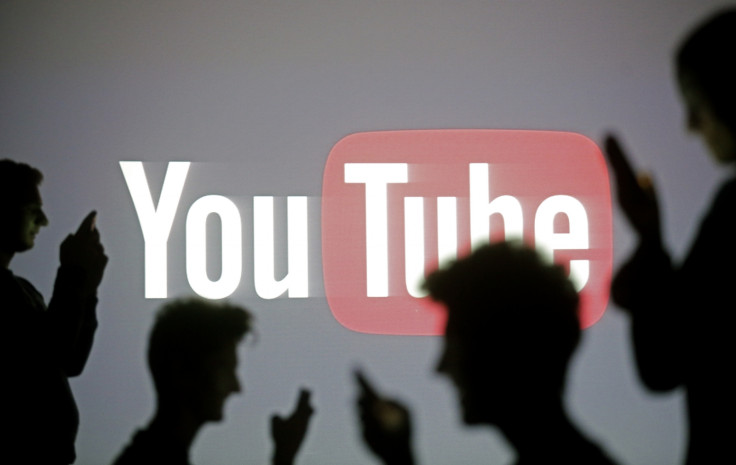YouTube vloggers must clearly label all sponsored content, new guidelines insist

The Committee of Advertising Practice has clamped down on YouTube and social media users who feature products as the result of a commercial deal without explaining their relationship with the manufacturer. So-called 'vloggers', or video bloggers, must label videos featuring products sent to them as advertising features or sponsored content.
The updated guidance is to ensure vloggers are upfront about when their videos are impacted by companies looking for promotion of themselves or their products. The move encourages vloggers to be fair to their viewers and make it clear when content includes free products, or has been paid for by a company using it as advertising.
Several common vlogging scenarios are discussed by the new guidance, and for each it is suggested that text explaining the content is sponsored, or that a product placement arrangement is in place, should be used. The guidance states: "A key rule under the Committee of Advertising Practice (Cap) code is that if the content is controlled by the marketer, not the vlogger, and is written in exchange for payment (which could be a monetary payment or free items) then it is an advertisement feature and must be labelled as such."
An exception to the rule is when free products are sent to vloggers without any requests for editorial or content control from the manufacturer. In this instance there is no need for the vlogger to declare the item was given to them for free. Free products sent for editorial review – either positive or negative – also do not warrant any form of disclaimer. Only when the vlogger has been asked to feature a certain product should they tell their viewers in the title or description of the video – or on camera.
New rules for advertisers too
Similarly, Cap has also issued guidance to companies looking to use vloggers for advertisement, insisting they make it equally clear that any content produced is a form of online marketing. Vloggers must also make it clear when they are advertising their own products; for this, a message should be included in the video title.
A demand for clearer labelling of sponsored content comes in the way of an Advertising Standards Authority ruling in 2014, in which several vlogs with commercial relationships with advertisers were found to be misleading because they did not tell viewers that they were adverts. The new rules apply across all online media, including social networks, as well as videos on YouTube and other platforms.
Shahriar Coupal, director of the Committees of Advertising Practice, said: "Wherever ads appear we should be confident we can trust what an advertising says; it's simply not fair if we're being advertised to and are not made aware of that fact. Our guidance will give vloggers greater confidence that they're sticking to the rules which in turn will help maintain the relationship and trust they've built with their followers."
© Copyright IBTimes 2025. All rights reserved.






















